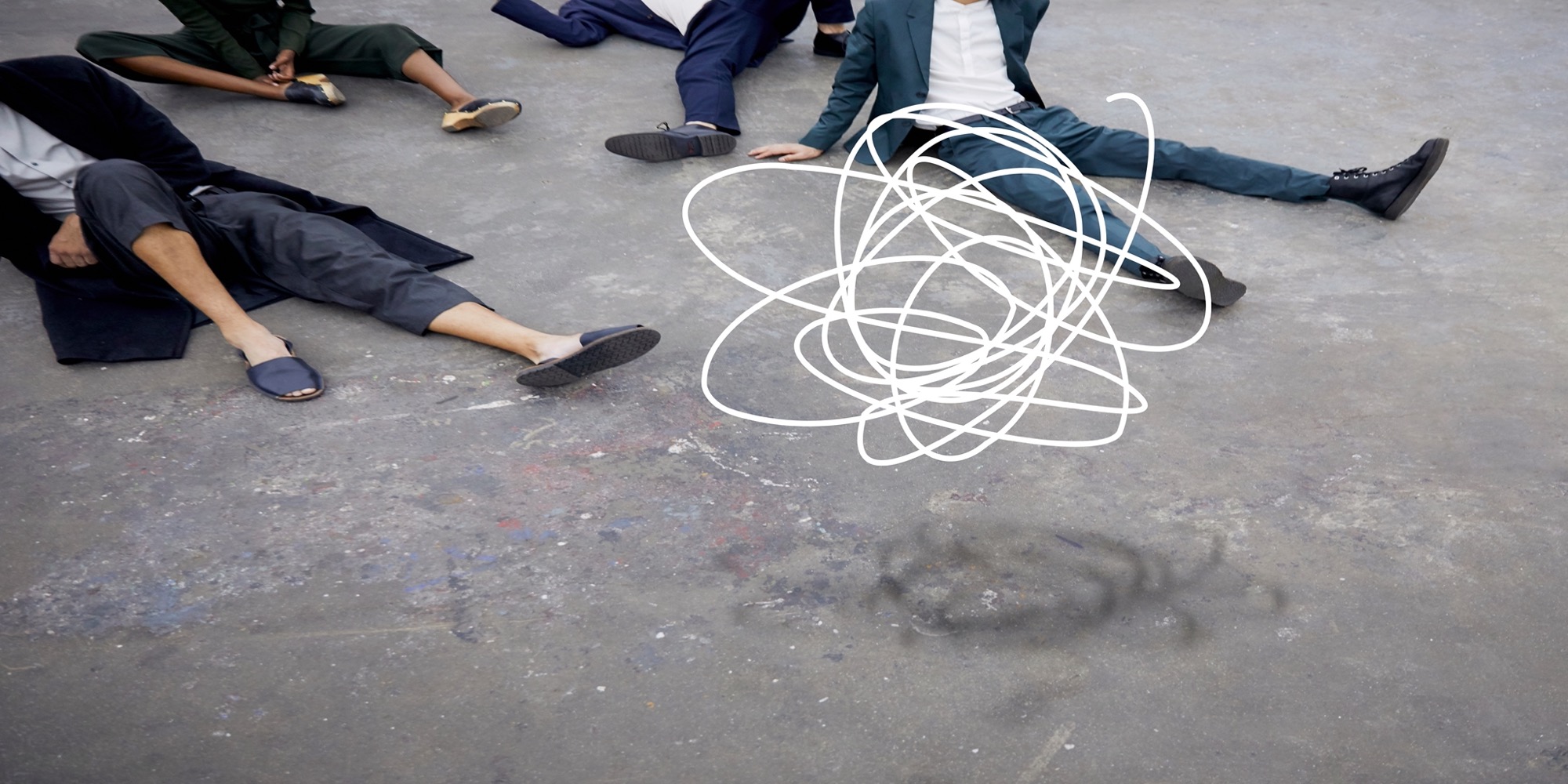Workshop Schedule
| Sunday 22 Aug | Monday 23 Aug | Tuesday 24 Aug | Wednesday 25 Aug | Thursday 26 Aug | Friday 27 Aug | |
|---|---|---|---|---|---|---|
| 9:00 | Welcome | Checkpoint | Checkpoint | Checkpoint | Checkpoint | |
| 9:15 | Develop video prototype | Team work | Team work | Team work | ||
| 9:30 | Seminar 1 - Master Class HCI | |||||
| 10:00 | ||||||
| 10:15 | Break | |||||
| 10:30 | Seminar 2 - Master Class AI | |||||
| 11:00 | ||||||
| 11:15 | Break | |||||
| 11:30 | Artist presentations | Video Prototype 5' pitch 5' critique |
||||
| 12:00 | ||||||
| 12:15 | Checkpoint | |||||
| 12:30 | Lunch | Lunch | Lunch | Lunch | Lunch | |
| 13:00 | ||||||
| 13:30 | Brainstorm | Redesign | Team work | Team work | Final sprint | |
| 14:00 | ||||||
| 14:30 | ||||||
| 15:00 | ||||||
| 15:30 | ||||||
| 16:00 | Move into dorms Welcome packet | Pitch team ideas 5' pitch 5' critique |
||||
| 16:30 | ||||||
| 17:00 | Artists vote | Half-way presentation | Final presentation | |||
| 17:30 | ||||||
| 18:00 | Awards | |||||
| 18:30 | Welcome diner | Dinner | Dinner | Dinner | Dinner | Cocktail |
| 19:00 | ||||||
| 19:30 | Evening hours | Evening hours | Evening hours | Evening hours | ||
| 20:00 | ||||||
| 20:30 | ||||||
| 21:00 | Night work | Night work | Night work | Night work | ||
| 00:00 |
Exhibition
| Thursday 2 Sep | Friday 3 Sep | Saturday 4 Sep | Sunday 5 Sep | |
|---|---|---|---|---|
| 10:00 | Setup time | Paris Gallery Exhibition | Paris Gallery Exhibition | Paris Gallery Exhibition |
| 12:00 | ||||
| 14:00 | ||||
| 16:00 | ||||
| 18:00 | Paris Gallery Opening | |||
| 20:00 | ||||
| 22:00 |
Synopsis

Students who stay in the dorms will arrive on Sunday evening, with a welcome reception. They will have a chance to meet the other members of their group as well as the artists and faculty coaches.
Day one
The summer school will begin officially on Monday morning in the Digiteo building (660) at the Université Paris-Saclay. After an initial welcome, we will run two Master Classes for all the students. Master Class 1 will be an introduction to Human-Computer Interaction, with a focus on design methodology from a human perspective and the concept of a human-computer partnership. Master Class 2 will be an introduction to Machine Learning, with a focus on interactive machine learning and how to incorporate the human in the loop. These faculty members currently teach these topics at the Master’s level in the HCI and AI programs at the Université Paris-Saclay.
Each of the four guest artists will then present their work, and will act as ‘clients’ for the student groups. Each artist will be responsible for coaching two student teams of five students each. The guest artists are all both practicing artists and experienced teachers at known art schools.
The students will spend the first part of the afternoon brainstorming ideas as to how they can create an intelligent, interactive artifact that addresses a need by the artist – either an interactive tool to help the artist create their art or an interactive artifact as an art piece in its own right. At the end of this session, each group will have five minutes to pitch their ideas to the artists and faculty, followed by critiques of their ideas. We will then match artist coaches to groups. Students will have the rest of the day and evening to refine their ideas, based on their critiques.
Day two
Each student team will use HCI methods to develop a video prototype that illustrates how the artist will interact with the intelligent artifact. This might take the form of an interactive fabric that senses a dancer’s movement, or a 3d-printed object that performs a function. Other possibilities might include working with smartphones, large screens or head-mounted displays to meet the needs of the artist.
At the end of the morning, students will present a 5-minute video prototype that illustrates how a user will interact with their proposed system, followed by a critique of their ideas. Each group will need approval from the three different types of coaches: the artist, the HCI expert and the AI expert, in terms of interest, innovation and feasibility. Once the idea is approved, they will work on their projects that day.
Day three
Students will present their progress at the end of the third day, to show their progress. HCI and AI faculty coaches will be available for ‘office hours’ to discuss ideas and get feedback and suggestions, if needed Fablab staff will be available by appointment, and the artist coaches will alternate between the two groups.
Day four
Students will continue working on building their projects all day. HCI and AI faculty coaches will be available for ‘office hours’ to discuss ideas and get feedback and suggestions. Fablab staff will be available by appointment, and the artist coaches will alternate between the two groups.
Day five
Students will discuss final changes with their coaches on Friday morning, and finish the artifact in a final sprint on Friday afternoon. At the end of the day, each group will present their project to the whole group. A jury consisting of the artists and guests will identify the top three projects and award prizes.
Week two
Students will have one more week to finish their projects, which will be exhibited at a gallery in Paris over three days.
